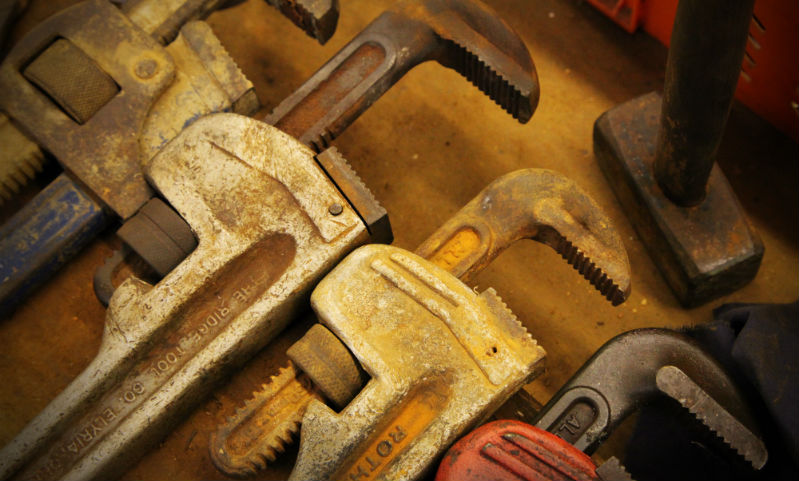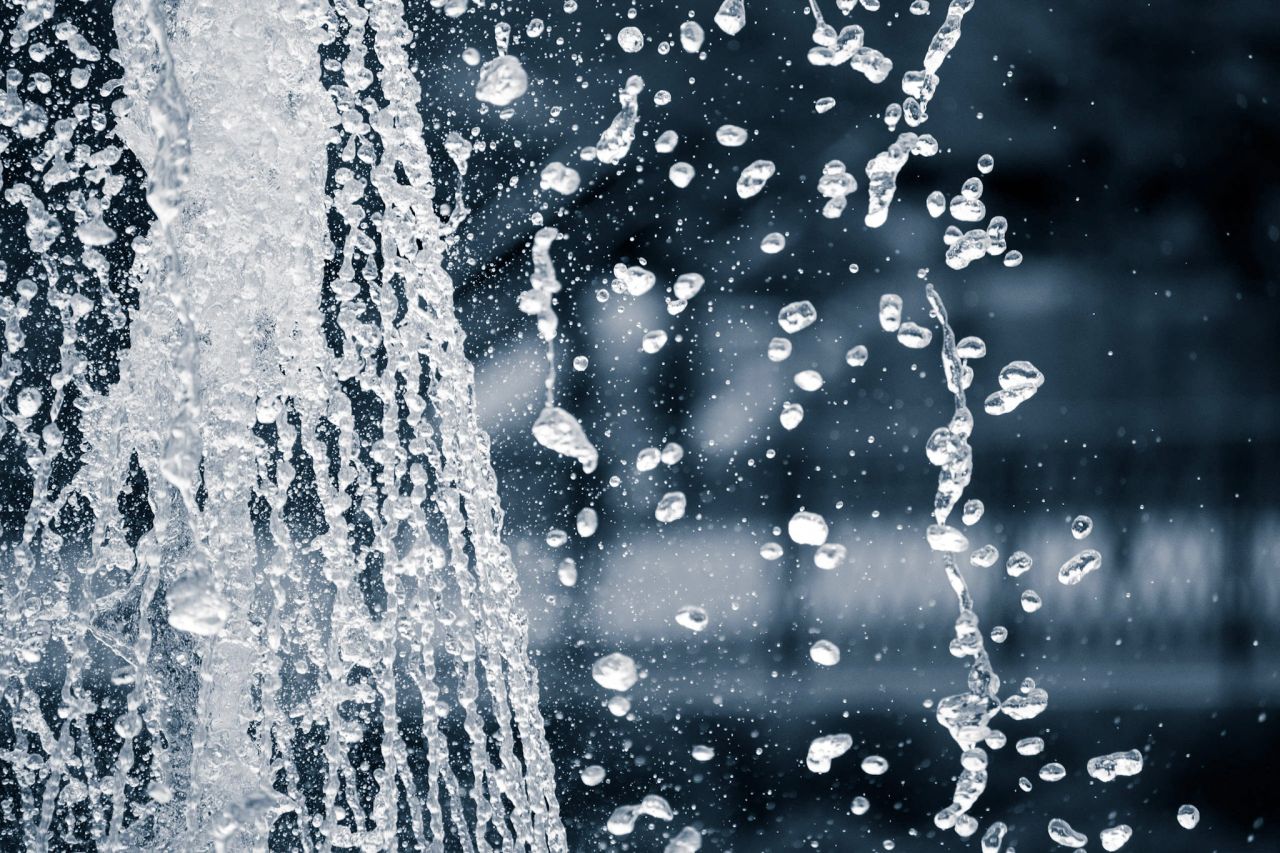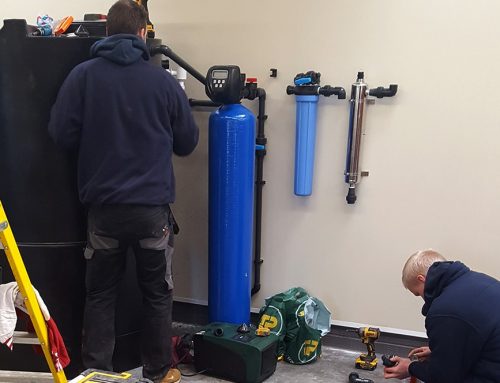If you rely on a borehole water supply either for domestic or commercial use then keeping it maintained is extremely important.
With regular borehole maintenance check-ups you can not only extend the working life of the borehole but also maintain its efficiency and borehole yield.
Top Tips for Maintaining Your Borehole
1. Don’t try to service your own borehole
It’s tempting for business and homeowners to try and carry out regular servicing on their own borehole to save costs. However, this can, and has led to them doing almost irreversible damage to their borehole water supply.
Any time you open a well cap, you create the opportunity for bacteria and foreign objects to get into the water supply.
We have been called out to various borehole sites across the UK where tools have been dropped into the borehole by mistake and pumps have gotten stuck or fallen to the bottom of the borehole. These can be quite costly to fix.
If the well owner hadn’t taken the matter into their own hands, these problems would have been avoidable.
Borehole contractors like ourselves have both specialist knowledge and equipment to keep private water supply systems fully operational and water supplies safe from contamination.
2. Prevention is Always Cheaper than the Cure
A borehole installation is a lot like a car. If you leave something that’s small and easily fixable it often becomes larger and much more expensive problem later down the line.
You should always inspect all parts of your borehole regularly including the catchment area to make sure there is no interference or damage. If you were to find any defects or have any concerns you should contact a drilling contractor for advice and the steps required to fix it.
If you’re using your borehole water as drinking water this is doubly important as by ignoring problems you may be putting your own or families health at risk.
3. Test Your Water Regularly
Testing your water regularly is highly important, in fact the National Ground Water Association recommend you carry this out at least once each year.
Ideally the water should be tested for bacteria, nitrates/nitrites and any contaminants of local concern. Other typical additional tests are those for iron, manganese, water hardness, sulfides, and other water constituents.
Water testing should also be carried out any time there is a change in the taste, odour, or appearance of the borehole water, or if a problem occurs such as a broken well cap or a new contamination source.

Our Borehole Maintenance Team
4. Only Use Qualified Professionals for Borehole Maintenance
When you decide to get your borehole serviced or need some annual maintenance you should only ever use qualified professionals. Some key considerations are:
- Does the contractor have their own specialist equipment to carry out the job properly?
- Ask the borehole drilling contractor for references and names of previous customers they have dealt with.
- Ask for a breakdown of the maintenance / service tasks involved so you can get different quotes from different contractors and compare what you’re actually getting.
- Does the borehole contractor have health & safety procedures in place along with liability insurance?
If you would like more information on what regular private water supply maintenance checks include or would like to take advantage of our private water supply management service then please contact us for free advice and a free no obligation quotation.



